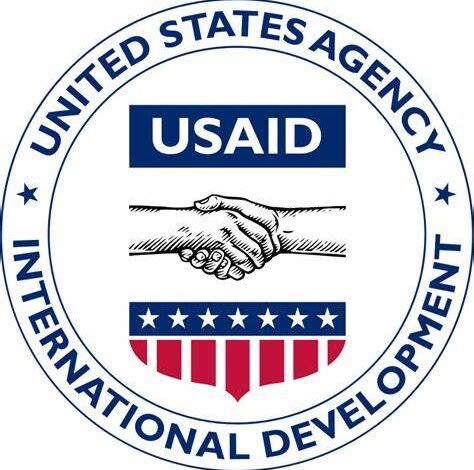The Consequences of the Closure of USAID: A Threat to Zimbabwe’s Current HIV/AIDS Response

The recent closure of USAID in Zimbabwe and various other countries has sent shockwaves. This leaves many to wonder about the fate of critical health programs, particularly those focused on HIV/AIDS. For years, USAID has been a vital partner in Zimbabwe’s fight against HIV/AIDS. It was providing essential funding and technical assistance to support the country’s response. The closure of USAID and subsequent cutting of funding will undoubtedly have far-reaching consequences for Zimbabweans living with HIV/AIDS.
A Setback for Treatment and Care
The closure of USAID will severely impact Zimbabwe’s HIV/AIDS treatment and care programs. USAID has been instrumental in supporting the country’s antiretroviral therapy (ART) program. This has been credited with significant reductions in HIV-related deaths and new infections. Additionally, without USAID’s funding and technical expertise, the sustainability of these programs is under threat. Furthermore, the closure of USAID will also affect the provision of essential services such as HIV testing, counselling and prevention of mother-to-child transmission.
Moreover, as a result of the closure of USAID, many Zimbabweans living with HIV/AIDS will be forced to bear the brunt of reduced services and support. This is particularly concerning for vulnerable populations such as women, children, and marginalized communities. They rely heavily on USAID-funded programs for their HIV/AIDS treatment and care.
The closure of USAID will also have a significant impact on Zimbabwe’s health workforce. Many healthcare workers have received training and capacity-building support from USAID, enabling them to provide high-quality HIV/AIDS services. Without USAID’s support, the capacity of Zimbabwe’s health workforce to respond to the HIV/AIDS epidemic will be severely compromised.
Mitigating the Effects of the Closure: A Call to Action for the Government of Zimbabwe
Additionally, in light of the closure of USAID, it is imperative that the government of Zimbabwe takes immediate action. They should also work to mitigate the effects on the country’s HIV/AIDS response. Firstly, the government must prioritise the allocation of domestic resources to support HIV/AIDS programs. This will require a significant increase in budgetary allocations to the Ministry of Health and Child Care.
Secondly, the government must explore alternative funding sources to support HIV/AIDS programs. This could include partnering with other international donors, private sector companies, and civil society organisations. Furthermore, the government must also strengthen its collaboration with local communities, faith-based organisations, and other stakeholders to support HIV/AIDS response efforts.
Thirdly, the government must take steps to ensure the sustainability of HIV/AIDS programs. This could involve investing in local capacity-building initiatives. It can also support the development of local pharmaceutical industries. Furthermore, promoting the use of innovative technologies to support HIV/AIDS service delivery is essential.
Finally, the government must prioritise the needs of vulnerable populations, including women, children, and marginalised communities. This will require targeted interventions and programs to support these populations. This includes the provision of essential services such as HIV testing, counselling, and treatment.
Conclusion: The Closure of USAID Must Not Spell Doom for Zimbabwe’s HIV/AIDS Response
The closure of USAID and cutting of funding will undoubtedly have significant consequences for people living with HIV/AIDS. However, in Zimbabwe, with prompt action from the government of Zimbabwe, it is possible to mitigate the effects of this closure. Prioritising domestic resource allocation and exploring alternative funding sources is one way to do that. Furthermore, strengthening collaboration with local stakeholders and ensuring program sustainability will help. Also, by prioritising the needs of vulnerable populations, the government can help ensure that Zimbabwe’s HIV/AIDS response remains on track.
As the government of Zimbabwe navigates this challenging period, it is essential that it remains committed to supporting the country’s HIV/AIDS response. The lives of thousands of Zimbabweans living with HIV/AIDS depend on it.





